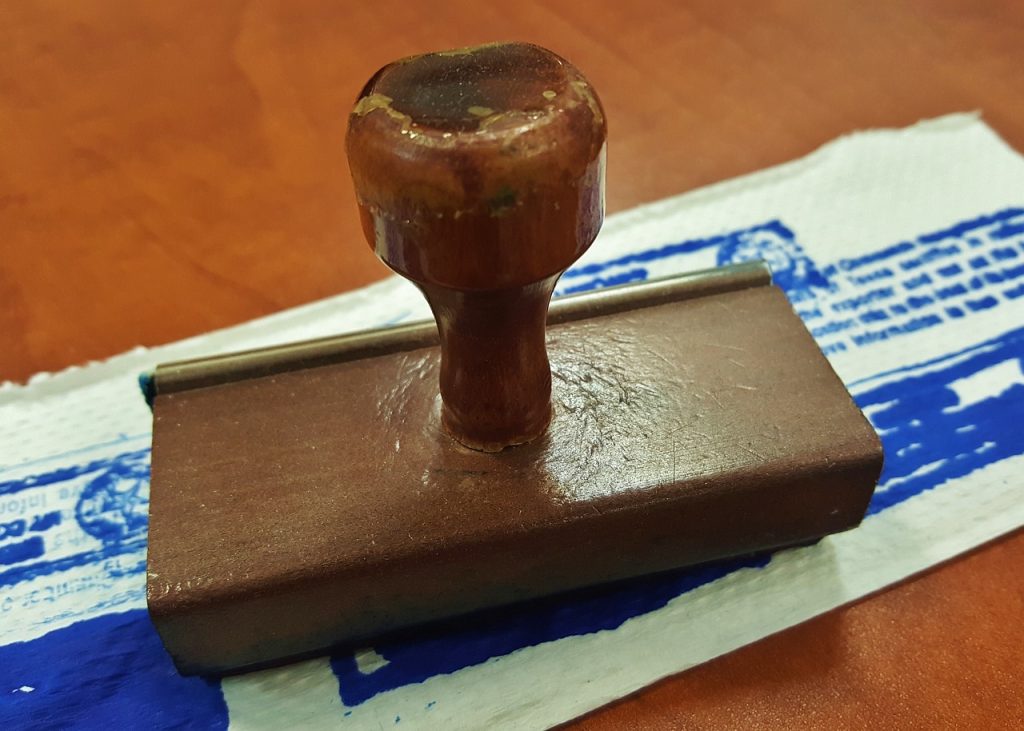
Notary publics play a pivotal role in the legal framework by ensuring that documents are executed with integrity and authenticity. Their duties include verifying identities, witnessing signatures, and certifying documents, thereby preventing fraud and fostering trust in legal processes. This article explores the crucial role and responsibilities of notary publics in maintaining the legitimacy of various transactions.
Essential Duties of Notary Publics
Notary publics, appointed by state governments, are tasked with several key responsibilities to uphold the legality of documents. The foremost duty of a notary public is to verify the identity of individuals signing a document. This involves scrutinizing valid identification documents such as driver’s licenses or passports and confirming that signatories understand the document’s content and are signing voluntarily. Additionally, notary publics may administer oaths and affirmations as required. After completing these steps, the notary affixes their official seal or stamp to the document, certifying its authenticity. This certification is vital for a range of documents, including real estate deeds, legal contracts, affidavits, and powers of attorney.
The Importance of Notary Publics in Fraud Prevention
The involvement of notary publics in legal transactions adds a layer of security and reliability. By verifying identities and overseeing the signing process, notary publics help prevent fraudulent activities and ensure that documents are properly executed. This layer of verification is especially crucial in high-stakes transactions such as property transfers, financial agreements, and estate planning. The notary’s seal serves as a trusted mark of authenticity, providing assurance to all parties involved that the document is genuine and legally binding. This added security helps reduce disputes and ensures that transactions proceed smoothly and transparently.
Accessing Notary Public Services
For those seeking notary services, the process typically begins with finding a qualified notary public. This can be done through online directories, local government offices, or personal referrals. Once a suitable notary is located, an appointment should be scheduled, and the necessary documents and identification should be prepared. During the appointment, the notary public will review the documents, verify the identities of the signatories, and witness the signing process. After the documents are signed, the notary will affix their seal or stamp, officially certifying the notarization. The notarized document, along with any required notarial certificates, serves as legal proof of its authenticity and proper execution.
Conclusion
Notary publics are essential in ensuring the authenticity and integrity of legal documents. Their duties, which include verifying identities, witnessing signatures, and certifying documents, are crucial in preventing fraud and upholding the validity of significant transactions. For individuals and businesses, understanding the role of notary publics and effectively utilizing their services is key to safeguarding the legality and reliability of important documents. As cornerstones of legal certainty, notary publics uphold the standards of the legal system and contribute significantly to the security and fairness of legal and financial transactions.
